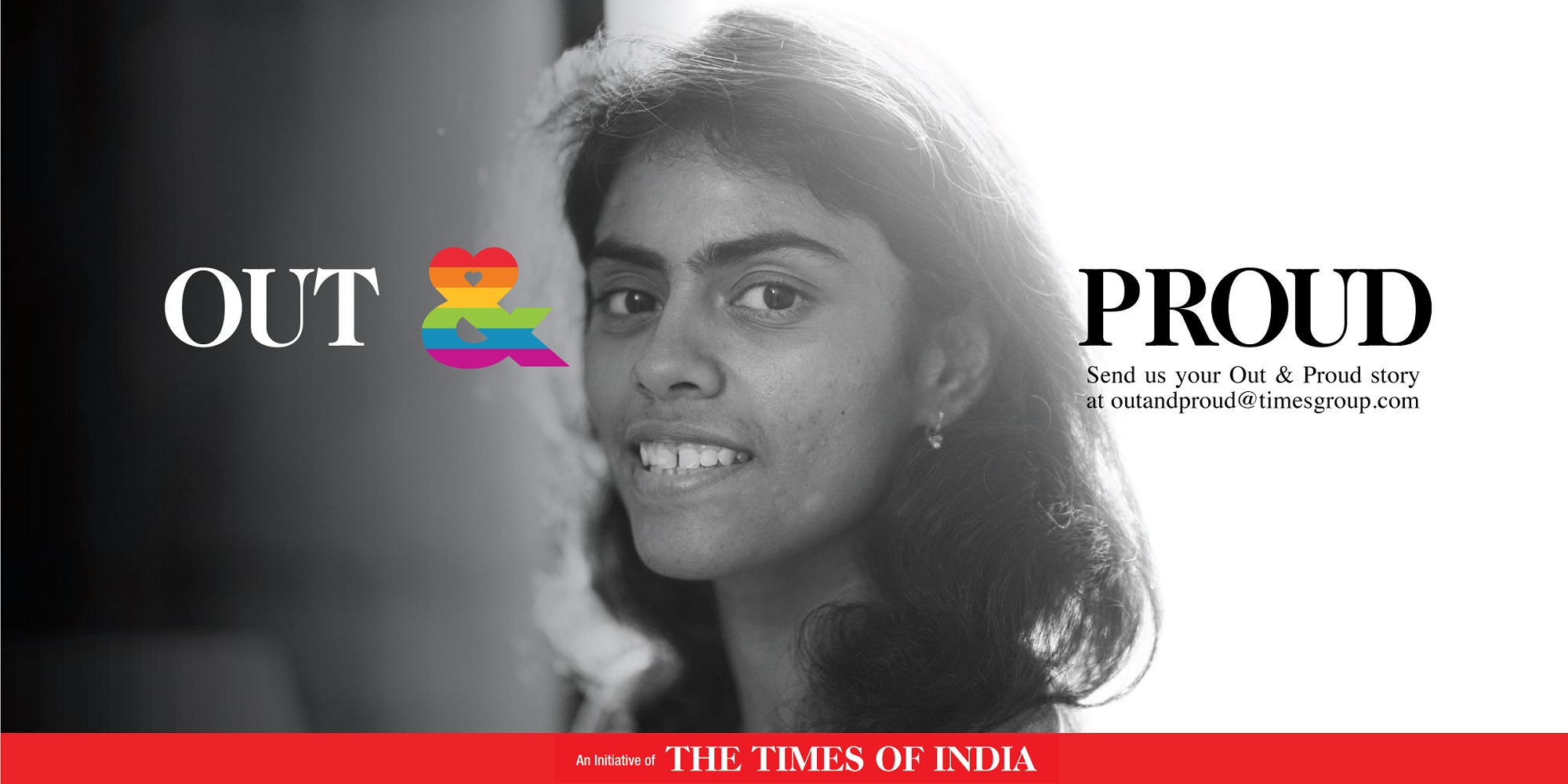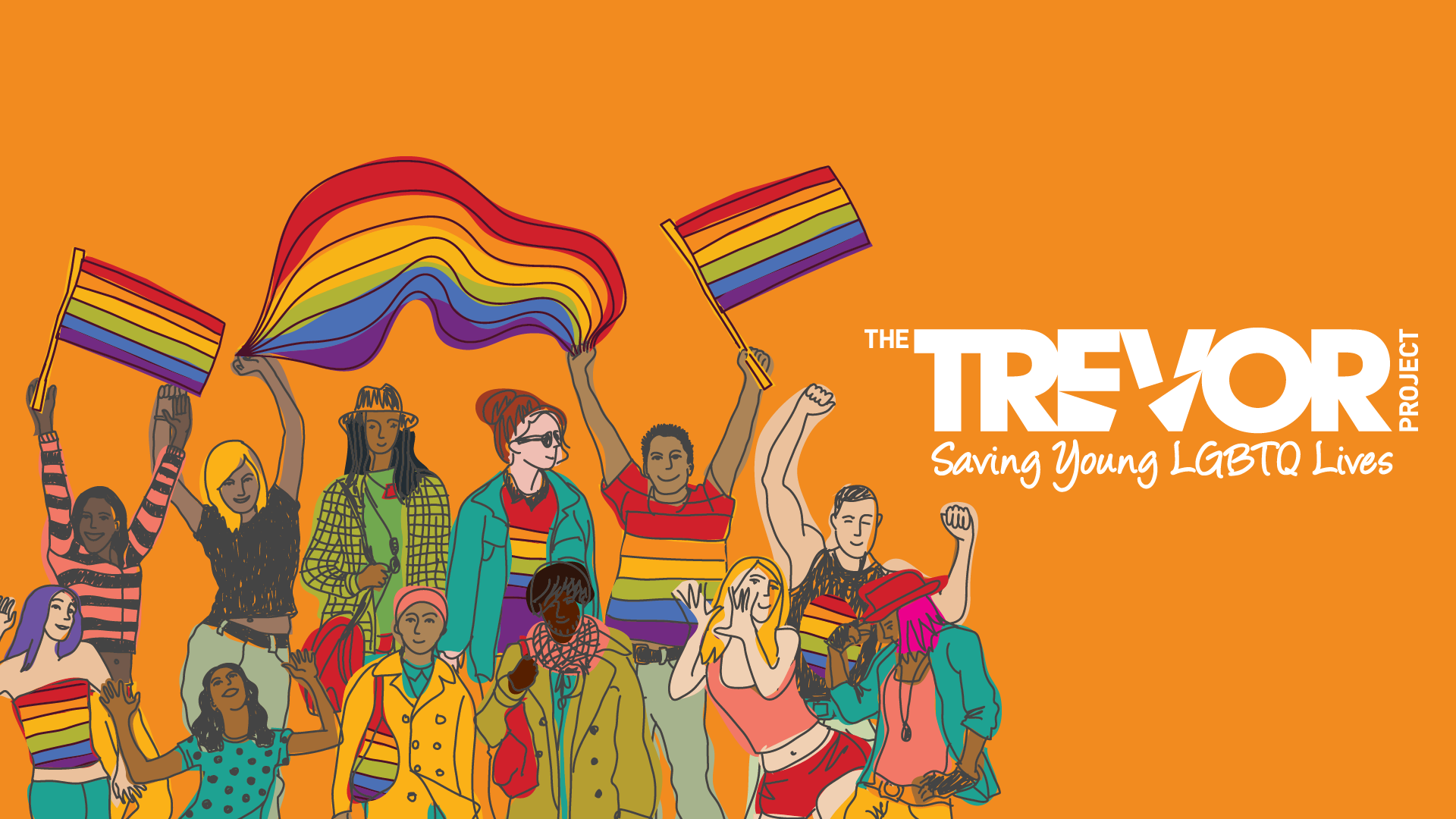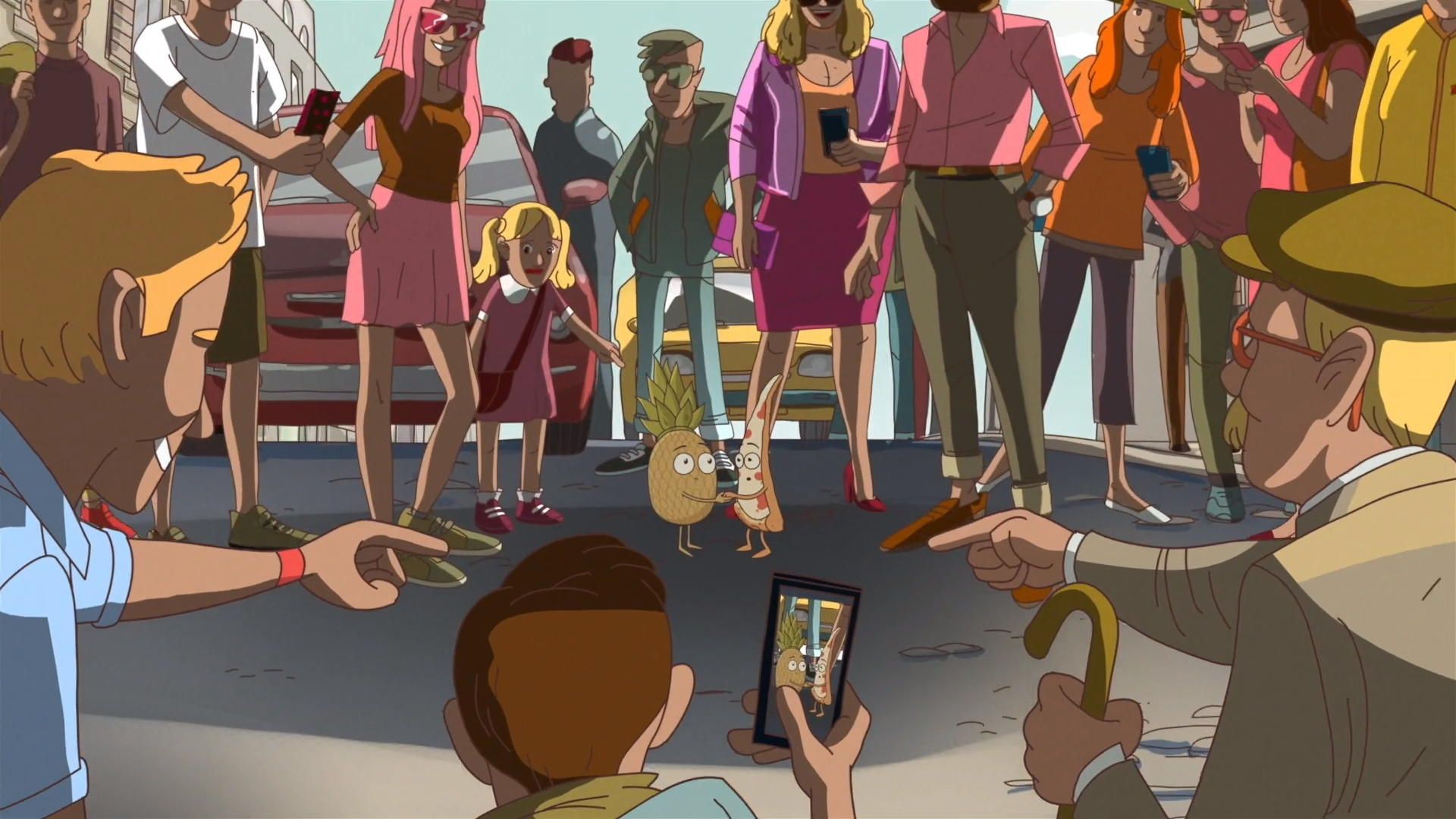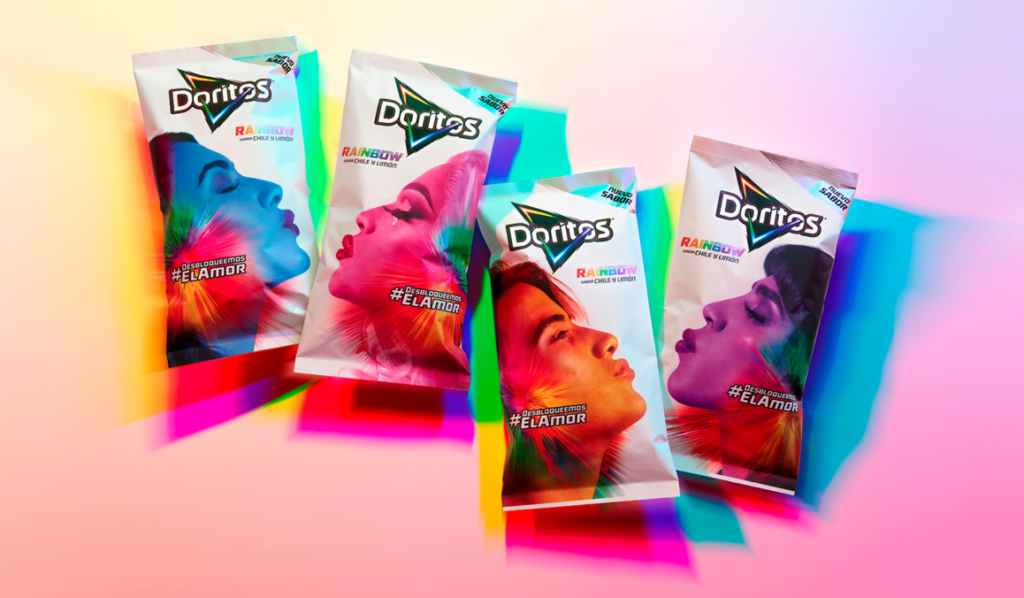WARC’s Chiara Manco looks at brands that have shown their commitment to diversity and inclusion through Pride initiatives, and how these can serve as a jumping-off point for year-round communications.
The month that saw the 1969 Stonewall riots, June has long been synonymous with Pride – a time to celebrate the way we’ve come, but also raise awareness of the work that’s still left to do. For marketers, it’s a chance to show their commitment to a diverse and inclusive society, something that is no longer optional, but expected. With 2020 acting as a catalyst for social unrest, uncovering the disparities and injustices that still permeate society, people demand brands take a stand and walk the walk.
While DEI practices should be baked into company structures and be activated all year round, Pride initiatives can help brands kickstart important conversations and act as a springboard for more inclusive communications.
Creating safe spaces and sparking conversations
While its parades, dazzlingly colourful and bursting with energy, are one of the hallmarks of Pride (though the pandemic has forced organisations to rethink them for the digital world), the month-long celebrations are also a time of reflection and activism. With discrimination still being all too pervasive, awareness work is essential to break down barriers, normalise all sexual orientations and create safe spaces for LGBTQI+ communities.
This is exactly what daily newspaper Times of India did for Pride 2019, carving out a space for the Indian LGBTQI+ community to express themselves through its Out & Proud classifieds section. From a homosexual couple gleefully celebrating they 15-year anniversary to a lesbian woman proudly coming out to her dad, the stories – which featured on the newspaper as well as social and digital video – aimed to normalise diversity in a country that, despite having just decriminalised homosexuality, still struggled to accept it.
The campaign reflected Times of India’s long-time positioning as an agent for social change. It not only earned the newspaper an increase in readership, but achieved a reach of 14m and sparked conversations internationally.

A different kind of awareness work was done in 2020 by The Trevor Project, a US non-profit LGBTQI+ suicide-prevention charity. By surveying more than 40,000 LGBTQI+ youth, the organisation set out to shine a light on the urgent need for better mental-health care for a group that faced discrimination daily. Among the findings was that 40% of LGBTQI+ youth and more than half of transgender and non-binary youth had seriously considered attempting suicide in the previous year. As powerfully shown by other organisations working in the mental health space, suicide prevention starts by breaking the silence, which The Trevor Project did by communicating the survey’s results through a social media strategy that engaged reporters, producers, influencers and content creators.

The survey’s findings not only gave voice to the many unspoken challenges faced by LGBTQI+ youth, but acted as a catalyst for action. They are being used by corporate partners of The Trevor Project to shape their efforts on topics such as pronoun usage and sports participation.
Joining in the celebrations
Alongside the essential awareness work, however, there’s room for more light-hearted communications, which allows brands to celebrate the spirit of Pride alongside the LGBTQI+ community and position themselves as allies committed to an inclusive society. In Italy, food delivery brand Just Eat celebrated love without prejudices for Pride 2019 through an animated film. Featuring a pineapple and a slice of pizza as star-crossed lovers, the story was a metaphor for how societal discrimination can get in the way of love. The charming film ended with the couple’s union and the tagline, “No match is a wrong match”, turning a well-known culinary debate into an opportunity for deeper conversations.

Meanwhile in Spain, new airline Level sought to authentically communicate its sponsorship of the Barcelona Pride. Through an integrated campaign combining social, influencers, OOH, print and live events during the Pride parade, the brand proved its progressive stance and struck a chord with its target audience of millennials.
Authenticity and how to prevent rainbow-washing
When it comes to activist campaigns, consumers have learned to recognise performative, one-off stunts as what they are: inauthentic attempts to pay lip service to a social cause – and Pride is no exception. Authenticity and credibility ultimately come down to two factors: action and consistency. Tortilla chip brand Doritos is a great example of a brand with a long-term DEI platform: Doritos Rainbow. The Mexican initiative has been evolving year after year since 2016 and in its latest iteration it featured diversity workshops, influencer partnerships, a limited-edition product and employee engagement – the latter arguably being the hallmark of DEI done right.

Authenticity is key to avoid rainbow-washing, but even more so is a commitment to DEI initiatives all year round. Pride is a great starting point and it’s important brands see it precisely as that: a springboard for powerful initiatives that make brands allies in the pursuit of a truly inclusive society.

